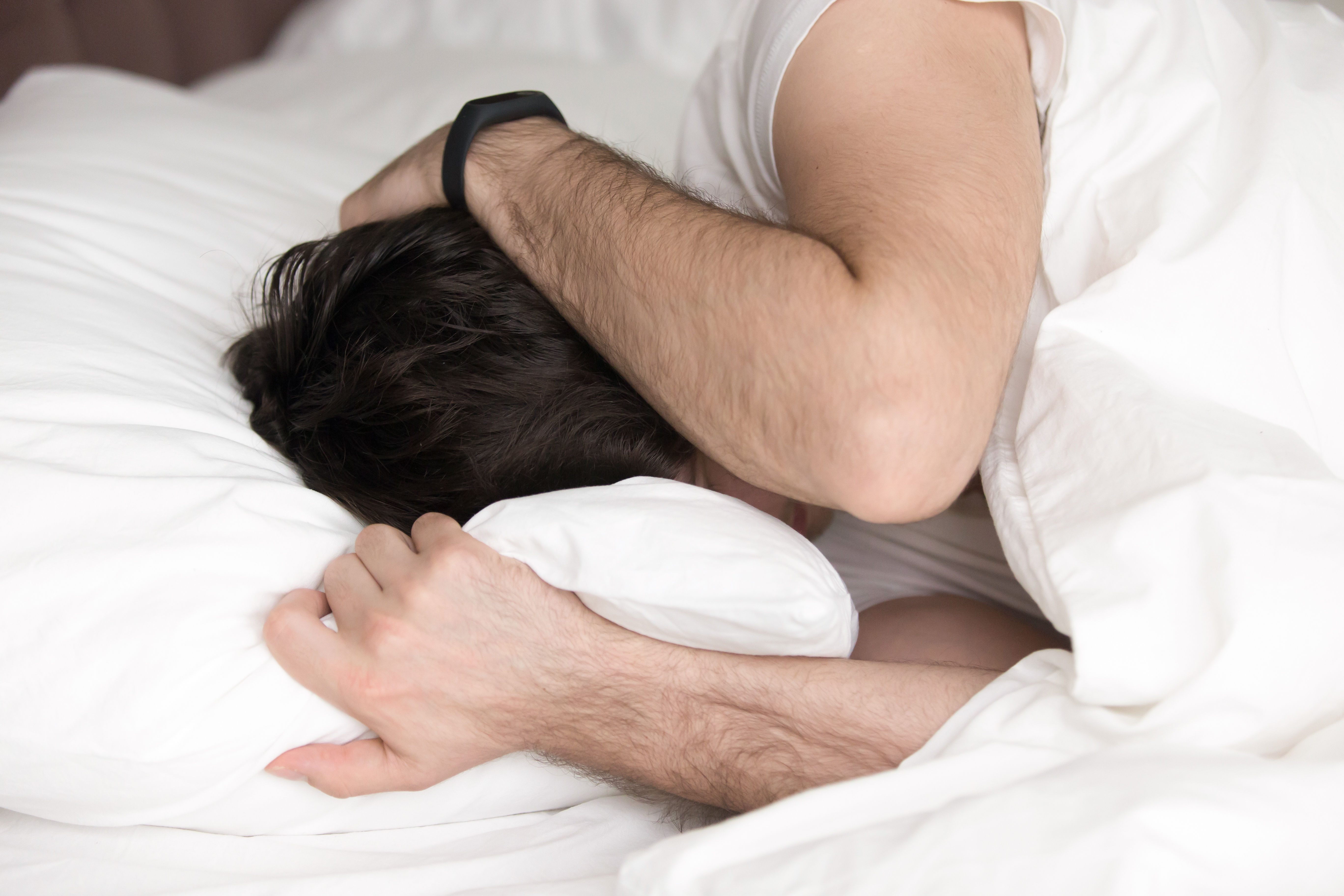Getting out of bed every morning may be difficult for some of us. This may often result in having a night of poor sleep. However, there is a certain condition named dysania that exhibits such characteristics.
Dysania is the inability or a difficulty of getting out of bed in the morning. It is also known as clinomania, a Greek word that means bed addiction. It is not a disease but a symptom caused by an underlying condition. It is more than just sleepiness.
Individuals with such condition may find it difficult to leave their beds. They develop a certain kind of longing and they tend to miss their beds once they are out of it.
According to medical professionals, persons with serious mental health conditions may have dysania also. For instance, persons with depression may often exhibit such behavior.
Exhaustion and dysania are completely different. Most people feel tired and frustrated once their alarm goes off in the morning. People having it, on the other hand, feel anxious, stressed, overwhelmed, or even weakened by the thought of going out of bed.


